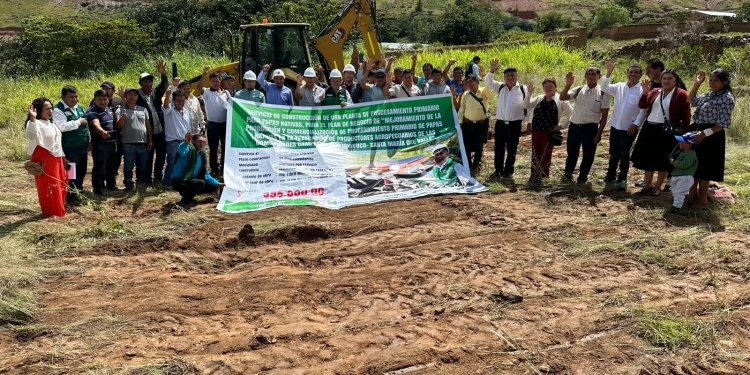Key hurdles identified in the execution of a major agricultural project aimed at improving native potato production in Peru’s Huánuco region
The Regional Agricultural Directorate of Huánuco is currently overseeing the ambitious project “Improvement of Agrarian Services in the Native Potato Production Chain in Six Provinces of the Huánuco Department”, with a budget of 37.7 million soles and a planned timeline of 36 months. However, recent audits by the Regional Control Office of Huánuco, under the General Comptroller of the Republic, have uncovered significant challenges that could compromise the project’s success.
Project Delays
As of August 2024, the project has achieved only 5.04% of its physical progress, far below the planned 42.56%. These delays, evident in both physical and financial execution since February 2024, threaten the timely completion of the initiative, risking increased operational costs and diminishing its overall effectiveness.
Budget Allocation Issues
The project is further hindered by partial budget allocation practices. Instead of being based on the project’s actual needs, budgets are determined by available funds, necessitating frequent revisions of the Annual Operational Plans (POAs). To date, three POAs have been approved, each requiring continuous modifications. This piecemeal approach undermines the project’s efficiency and jeopardizes its objectives.
Lack of Environmental Certification
Perhaps the most concerning issue is the absence of required environmental certifications. The project’s technical dossier was approved without the necessary environmental management instruments or certifications, exposing the initiative to potential environmental impacts and fines of up to 30,000 Unidades Impositivas Tributarias (UIT). This procedural oversight reflects inadequate preparation in project planning and execution, creating legal and environmental vulnerabilities.
Implications and Next Steps
The identified irregularities not only endanger the completion of the project but also raise concerns about its environmental and financial sustainability. Without immediate corrective measures, the Regional Agricultural Directorate risks failing to deliver on its promise of improving native potato production in the region.
For stakeholders in the agricultural sector, including potato farmers, agronomists, and policymakers, these findings highlight the importance of robust project planning and monitoring. Addressing these challenges will require concerted efforts to ensure timely execution, sufficient funding, and adherence to environmental regulations.







